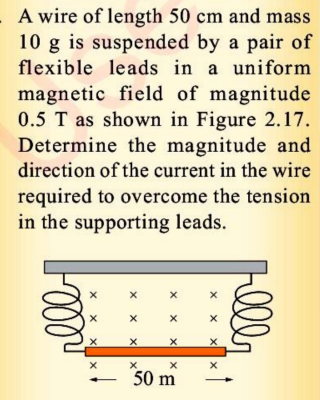
AllQuestion and Answers: Page 251
Question Number 197050 Answers: 2 Comments: 4

Question Number 197042 Answers: 0 Comments: 0
Question Number 197040 Answers: 1 Comments: 6

Question Number 197038 Answers: 0 Comments: 0

Question Number 197036 Answers: 1 Comments: 0
Question Number 197035 Answers: 1 Comments: 0
Question Number 197034 Answers: 1 Comments: 0

Question Number 197032 Answers: 1 Comments: 0
Question Number 197029 Answers: 1 Comments: 0
Question Number 197027 Answers: 2 Comments: 0

Question Number 197024 Answers: 3 Comments: 0
Question Number 197018 Answers: 2 Comments: 0

Question Number 197017 Answers: 0 Comments: 1

Question Number 197011 Answers: 2 Comments: 0

Question Number 197010 Answers: 1 Comments: 0

Question Number 197008 Answers: 1 Comments: 0

Question Number 197005 Answers: 1 Comments: 0

Question Number 197003 Answers: 0 Comments: 0

Question Number 197002 Answers: 0 Comments: 1

Question Number 197001 Answers: 0 Comments: 0
Question Number 196992 Answers: 0 Comments: 0
Question Number 196986 Answers: 1 Comments: 0
Question Number 196983 Answers: 3 Comments: 1

Question Number 196976 Answers: 1 Comments: 0

Question Number 196973 Answers: 1 Comments: 0

Question Number 196972 Answers: 1 Comments: 0

Pg 246 Pg 247 Pg 248 Pg 249 Pg 250 Pg 251 Pg 252 Pg 253 Pg 254 Pg 255
